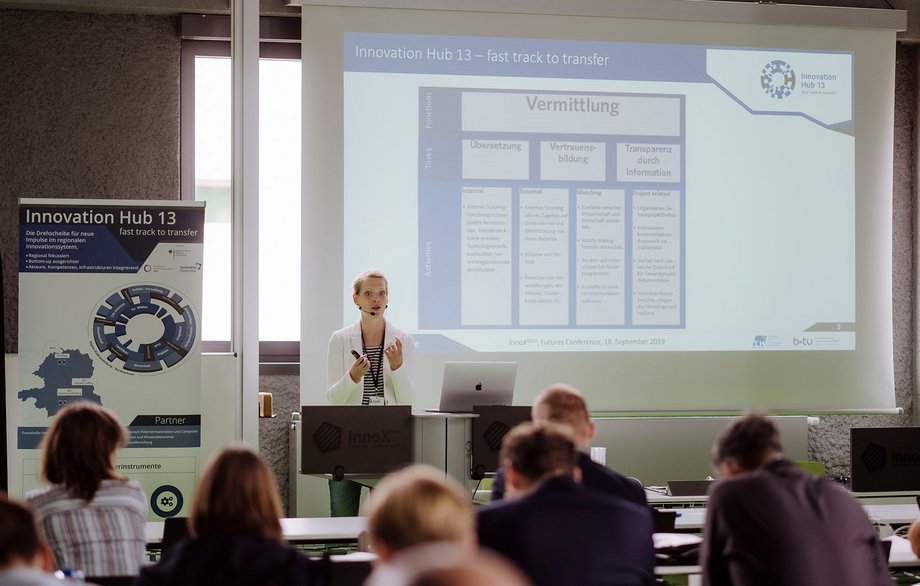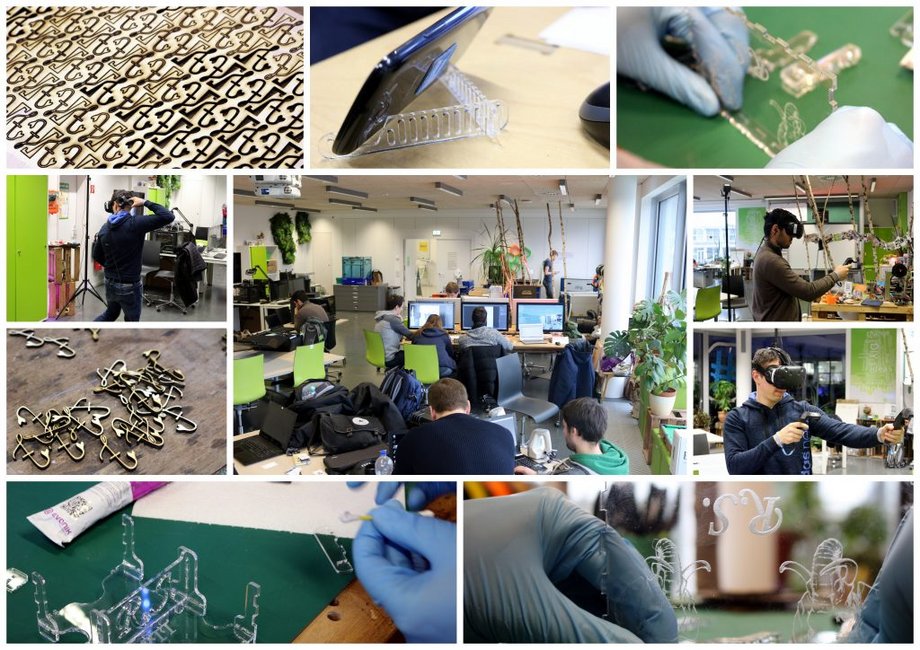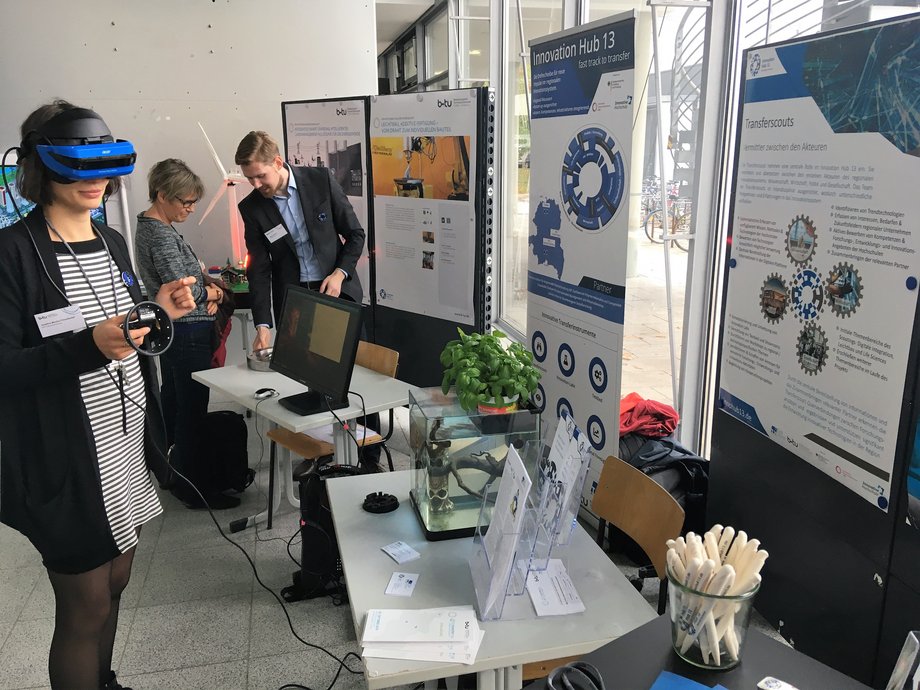Strategies and methods of co-evolutionary knowledge production Transfer scouting as an intermediate function between science and business
Science and industry are increasingly faced with the challenge of jointly developing solutions to the problems of the future. However, the transfer of scientific knowledge into practice and the solution of practical problems with the help of scientific know-how is a challenging process, which questions a linear transfer model and votes for bi- and multidirectional exchange processes between transfer partners.
But how do companies discover new knowledge and new technologies developed at universities and research institutions? And how do scientists know about practical needs in order to find solutions and to further develop scientific questions? One possible answer to this question is transfer scouting. Transfer scouts are technically trained experts in a specific field of technology. They are expected to initiate and accelerate transfer processes between science, industry and civil society.
This research project is based on extensive accompanying research into the practices and roles of transfer scouts as intermediary agents and co-constructors of new knowledge and technologies.. It investigates how co-evolutionary knowledge production is made possible so that science and industry can jointly develop innovative solutions to problems. On the basis of qualitative interviews, participating observations literature reviews, workshops and evaluation methods, the qualifications, skills and competences of transfer scouts are analysed, their professional biographical opportunities are discussed, and factors promoting and inhibiting this activity are identified. Thus, the project contributes to the question to what extent transfer scouting can be established as a method to intensify knowledge and technology transfer.
Informationen zum Projekt
Teilprojekt im Innovation Hub 13
BMBF-Programm „Innovative Hochschule“
Laufzeit: 01/2018 – 12/2022
Activities:
29.04.2019: Interaktiver Workshop mit dem Titel "Innovative Veranstaltungsformate für einen erfolgreichen Technologietransfer".
BTU Transfertag, 2018
Jacobsen, Heike (2016): Arbeitsforschung im Wandel des deutschen Produktionsmodells: Responsivität transdisziplinärer Forschung als Erfolgsfaktor und Risiko. In: Froese, Anna; Simon, Dagmar; Böttcher, Julia (Hrsg.): Sozialwissenschaften und Gesellschaft - Neue Verortungen von Wissenstransfer. Bielefeld: Transcript, S. 307-338.
Jostmeier, Milena; Georg, Arno; Jacobsen, Heike (Hrsg.) (2014): Sozialen Wandel gestalten. Zum gesellschaftlichen Innovationspotential transdisziplinärer Arbeits- und Organisationsforschung. Wiesbaden: Springer VS.
Noack, Anika (2015): Soziale Innovationen in Berlin-Moabit. Zur kommunikativen Aushandlung von Neuem durch Raumpioniere im städtischen Kontext. Wiesbaden: Springer VS.
Schallock, Burkhard; Jacobsen, Heike (Hrsg.) (2011): Innovationsstrategien jenseits traditionellen Managements. Wissenschaftliche und praktische Ergebnisse des Förderschwerpunkts. Stuttgart: Fraunhofer Verlag.



